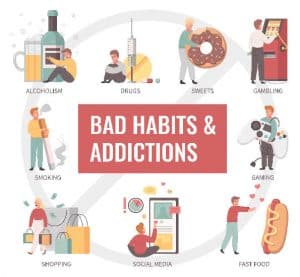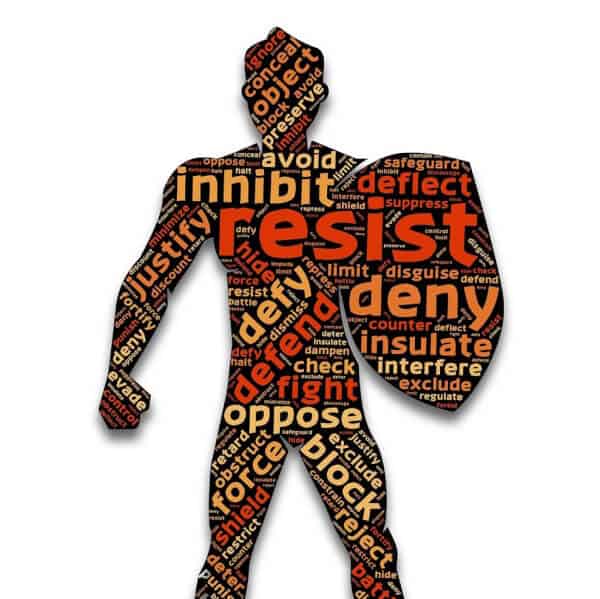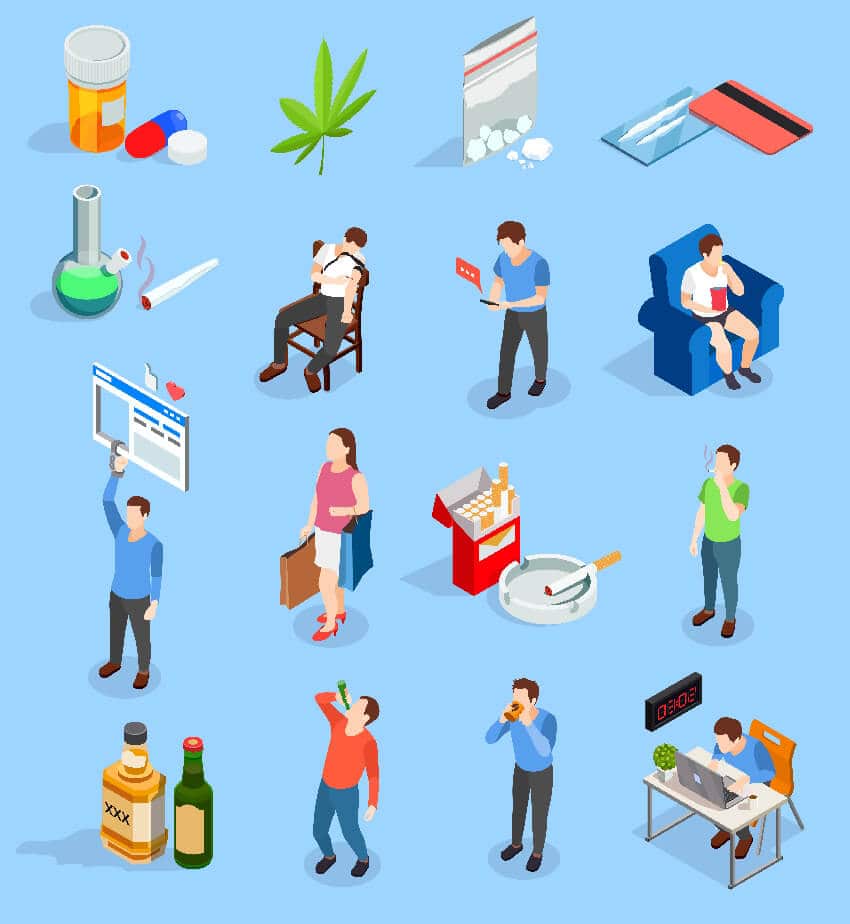A Guide To Addiction
Recent growth in addiction

The world is a rapidly changing place and there are many opportunities for people to become addicted to something: illegal drugs are readily available; prescription medication can now be purchased off the internet; alcohol can be bought 24 hours a day; bets can be placed using a laptop or smartphone to access gambling websites; mental health issues can lead to anorexia and bulimia. With all this in mind, it is not surprising that there has been a rapid rise in the number of people developing an addiction.
Not only has there been a rise in the numbers seeking help: at The Haynes Clinic we have also noticed that there are more younger people seeking help. Addiction has never had any boundaries in terms of age, gender or religion but the rise in its effects on a younger generation is down to various factors.
Apart from the above mentioned increased availability, there has also been the impact of the pandemic and the follow on from that of the “work from home regime,” which has certainly resulted in a change of behaviour for many people resulting in some people developing an addiction.
What is an Addiction?
In simple terms, an addiction is when you have a strong physical or psychological need or urge to do something or use something. It is a dependency on a substance or activity, that we cannot control and have the inability to stop, even when we know that it is causing harm to ourselves and those close to us and that it is having a continuing detrimental effect on our daily life.
Generally, when addiction is discussed it is usually around being dependant on substances such as alcohol, cocaine or heroin. However, the term addiction can also refer to activities such as gambling or eating and even work and physical exercise. Addiction can further be defined as a treatable, chronic medical condition or disease involving complex interactions between brain circuits. In fact, if admitted to hospital for an alcohol or drug addiction, the individual would be admitted and given an ICD 10 coding the same as an individual with an eating disorder. ICD stands for the International Classification of Diseases as recognised by the World Health organisation.
How do people become addicted?
One of the recent reasons for an increase in addiction is, as mentioned above, the Covid pandemic and “working from home” culture. Working from home has effectively removed many of the restraints of a simple structured day. It is also acknowledged that the Covid pandemic had a detrimental effect on many people’s lives and mental health. In many cases it led to an increase in drinking alcohol and gambling on the internet. For example, pouring out alcohol at home is never going to be the same as the quantity we would drink at the pub: at home we are not pouring out standard metric measures and it is cheaper than drinking out, so many people drinking at home drink more than they might when out. There was a surge in people gambling, such as by participating in online games to alleviate boredom. Being at home every day with access to websites via their smartphone with the opportunity to bet 24 hours a day, 7 days a week led to many people developing an out of control habit.
With any addiction, be it taking a substance or indulging in a particular behaviour, we will initially feel a “high,” which is a direct response to our behaviour creating a rush of dopamine. The extra dopamine produced works on areas of the brain that give us feelings of pleasure and this then leads us to repeat the behaviour in order to experience the feelings again.
The problem starts when this repeated behaviour leads the body to become more tolerant so, for example, we need to drink more alcohol, gamble more or increase our drug use to try and get the same pleasurable effect. However, the brain has recognised it is producing excess amounts of dopamine and will reduce production to a minimum. This means that we eventually reach a stage that, however much we increase our addictive behaviour, we will not reach a “high”. At this point we often need to use alcohol or drugs to simply function, as the body is used to, and has become tolerant to, the daily intake of chemicals.
Stopping an addiction
With any addiction there comes a point where our thinking and behaviour will start to have a detrimental effect on all our life areas including work, social, health, financial, and relationships. It is at this point that we might also be challenged by someone close to us, saying that we need to make changes as they have seen how our continuing worsening behaviour is damaging everything around us.
We will usually find excuses for how we have changed and will also say that we will take control of the situation. For anyone with an addiction to try and “cut back,” or “stop completely,” is almost impossible. Many will need a medicated detoxification to come off alcohol or drugs safely. With other addictions such as gambling, it is important to be able to be open and honest about our situation and to seek professional help.
At The Haynes Clinic we are available on the telephone, 16 hours a day and 7 days a week to offer advice, help and support for anyone with an addiction. We also offer a free assessment either by phone or, for those living near to the clinic, by a face to face meeting. There are also support groups such as Alcoholics Anonymous, Cocaine Anonymous, Narcotics Anonymous and Gamblers Anonymous which offer free ongoing help. Meetings of these groups close to your home address can be found by inputting your postcode on their website.
Every county in the UK has a Drug and Alcohol team and they will also offer free help and support although this may be limited in certain areas due to a restrictive budget available to them. If weekly therapy is your preferred option, then an addictions therapist can be found by searching the website of the Federation of Drug and Alcohol Professionals, FDAP, as they will understand your condition and provide the most appropriate therapy.



